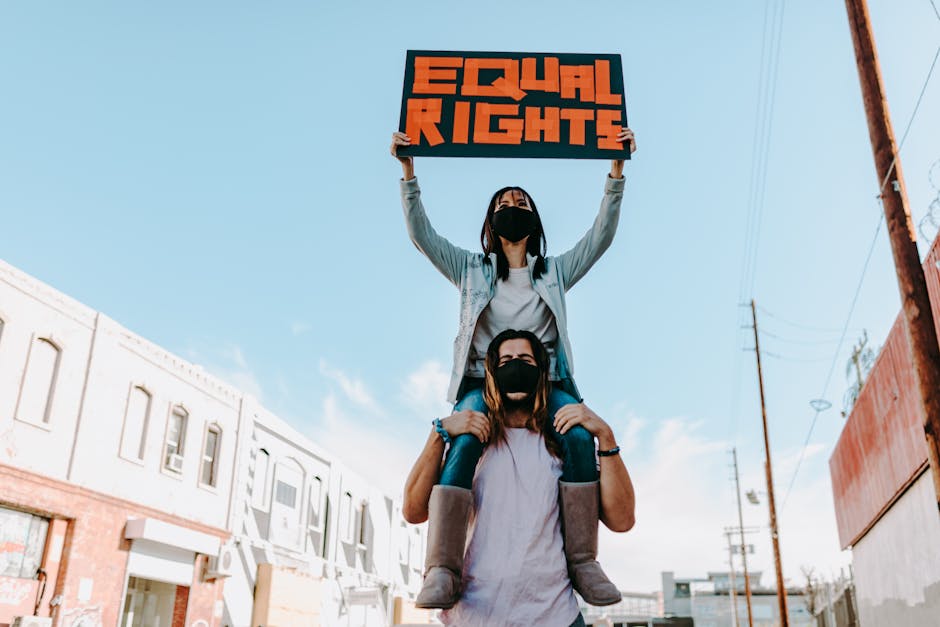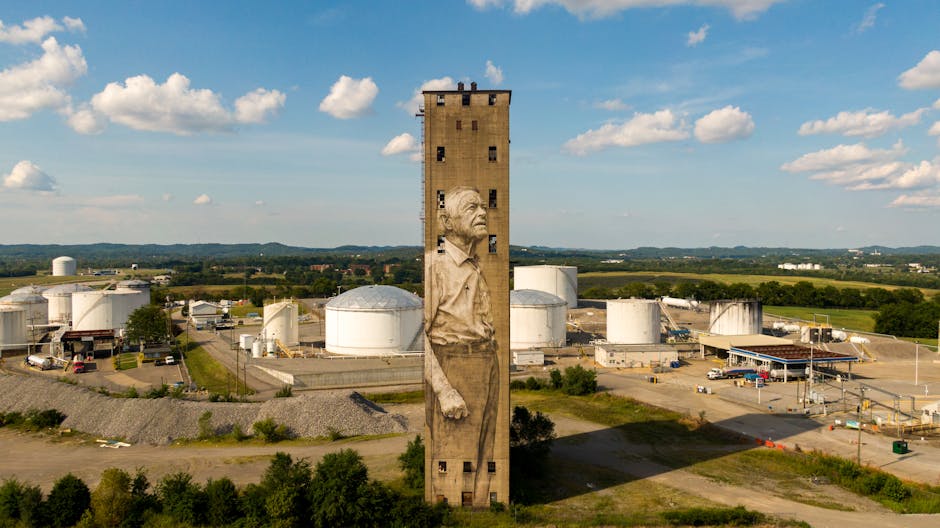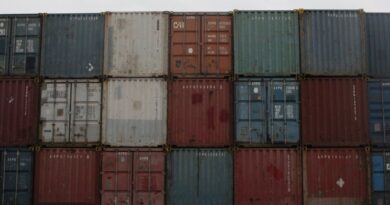Decoding the Politics of Energy Resources
Have you ever wondered why gas prices fluctuate so much? Or why some countries have endless energy while others struggle? The politics of energy resources plays a huge role in these questions. This article will help you understand how energy, politics, and power are intertwined.
What Are Energy Resources?

Energy resources are materials or sources we use to generate power. They include fossil fuels like coal, oil, and natural gas, as well as renewable sources like wind, solar, and hydro. Each type of resource comes with its own set of political implications.
- Fossil Fuels: Traditional energy sources that release carbon.
- Renewable Energy: Sustainable options that reduce pollution.
The choice between these resources often sparks heated debates. Countries rich in fossil fuels may resist a shift to renewables, fearing economic loss. Meanwhile, nations with abundant sunlight or wind may push for green energy policies.
How Do Politics Influence Energy Resources?

Politics shapes the way energy resources are developed, distributed, and consumed. Governments make decisions based on various factors, including economic interests, environmental concerns, and international relationships.
For instance, countries that export oil often have significant political power. They can influence global prices and policies. In contrast, countries that rely heavily on imports may find themselves vulnerable to price spikes and supply disruptions.
Why Do Some Countries Depend on Fossil Fuels?

Many countries depend on fossil fuels for several reasons:
- Economic Growth: Fossil fuels are often cheaper and easier to extract.
- Job Creation: The fossil fuel industry provides many jobs.
- Infrastructure: Established systems exist for extraction, transportation, and usage.
Yet, this dependence has consequences. Burning fossil fuels contributes to climate change, harming the environment. Countries are now grappling with how to transition to greener options without sacrificing economic stability.
What Are the Benefits of Renewable Energy?

Renewable energy offers several advantages:
- Environmental Protection: It reduces greenhouse gas emissions.
- Energy Independence: Countries can rely on local resources, lessening foreign dependence.
- Job Opportunities: The renewable sector is growing, creating new jobs.
Transitioning to renewable energy presents a challenge. For example, the costs of solar panels and wind turbines can be high upfront. However, over time, they often lead to lower energy bills and a cleaner planet.
what’s the Role of International Relations?
Energy resources are deeply tied to international relations. Countries with rich energy supplies can wield power on the global stage. They can form alliances or impose sanctions based on energy policies.
For example, during conflicts, nations might restrict oil exports to punish adversaries. This tactic can influence global markets and lead to economic hardship in countries reliant on those resources.
How Do Energy Resources Affect Everyday Life?
Energy politics may seem distant, but they affect your daily life. Here are a few ways:
- Gas Prices: Global oil prices directly impact how much you pay at the pump.
- Electricity Costs: Your monthly bill can fluctuate based on energy supply and demand.
- Job Markets: The shift to renewables can create new job opportunities in your area.
Understanding these connections can help you grasp why energy news matters. it’s not just about numbers; it’s about your wallet and well-being.
What Are Some Common Misconceptions?
Many people have misconceptions about energy resources. Lets clear a few up:
- Myth: Renewable energy is too expensive.
- Fact: Costs have decreased significantly in recent years, making it more accessible.
- Myth: Fossil fuels are our only reliable energy source.
- Fact: Renewables are becoming increasingly reliable and efficient.
By debunking these myths, we can foster a better understanding of energy politics and their implications.
what’s the Future of Energy Resources?
As we look ahead, the future of energy resources seems to be shifting. More countries are committing to the Paris Agreement, which aims to limit climate change. This shift encourages investment in renewable technologies.
However, challenges remain. Transitioning from fossil fuels to renewable energy requires large investments and infrastructural changes. Not every country can afford this shift at the same pace.
How Can You Get Involved?
Want to make a difference? Here are some actionable steps:
- Educate Yourself: Stay informed about energy policies and their impact.
- Advocate for Change: Support local initiatives promoting renewable energy.
- Reduce Your Carbon Footprint: Use energy-efficient appliances and consider renewable options for your home.
Your actions can contribute to a cleaner, more sustainable future.
Conclusion: Understanding Energy Politics Matters
The politics of energy resources is complex but crucial to grasp. Knowing how energy influences our lives can empower you to make informed decisions. Whether it’s about paying for gas or advocating for cleaner energy, your voice matters.
In a world where energy resources dictate much of the global landscape, understanding this subject can lead to better choices for you and future generations.
For more information on renewable energy and it’s impact, check out the U.S. Department of Energy’s website: www.energy.gov.



